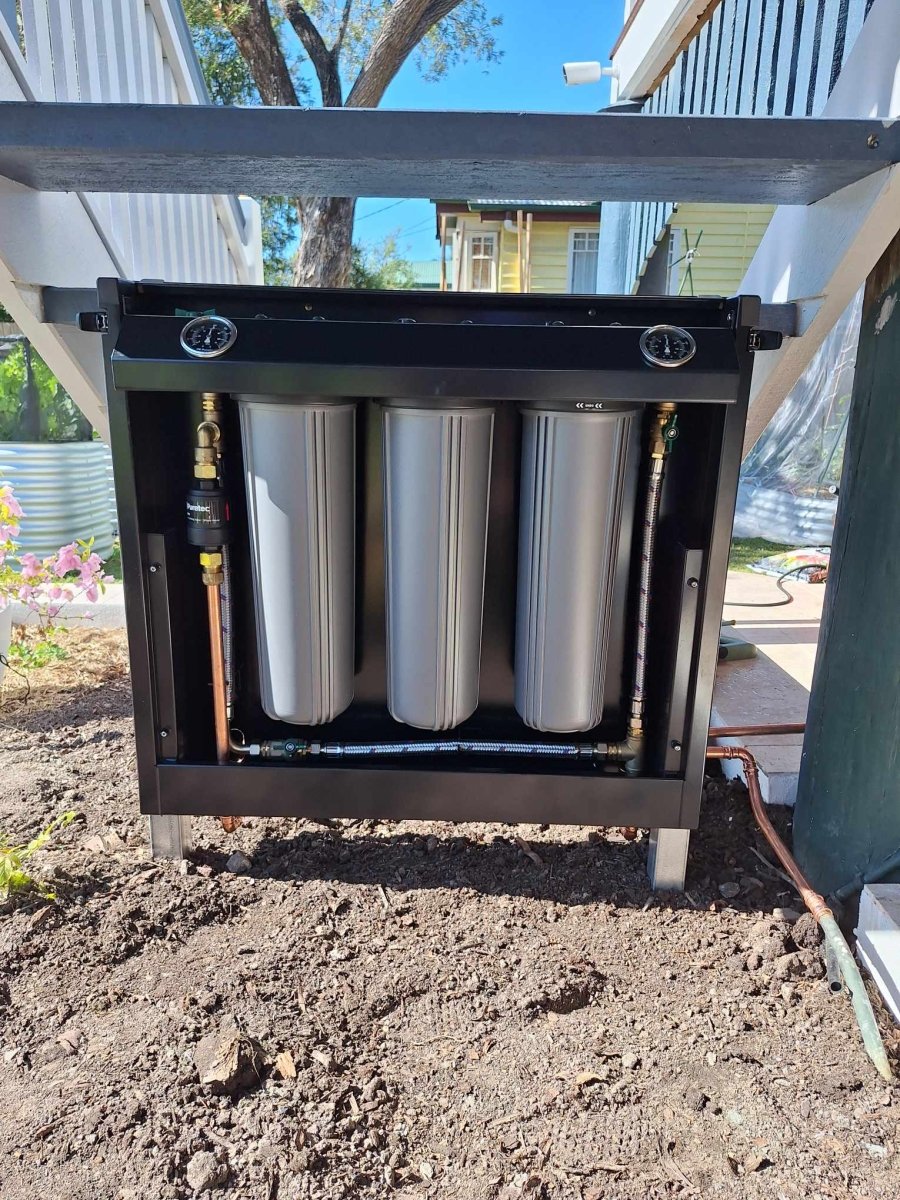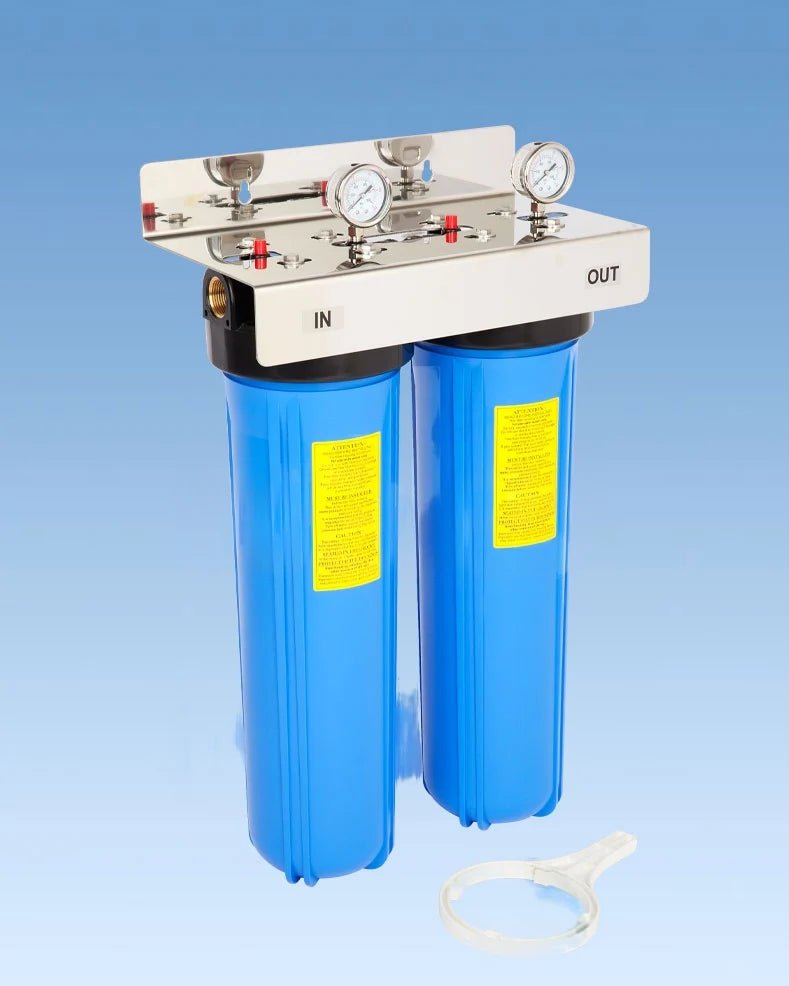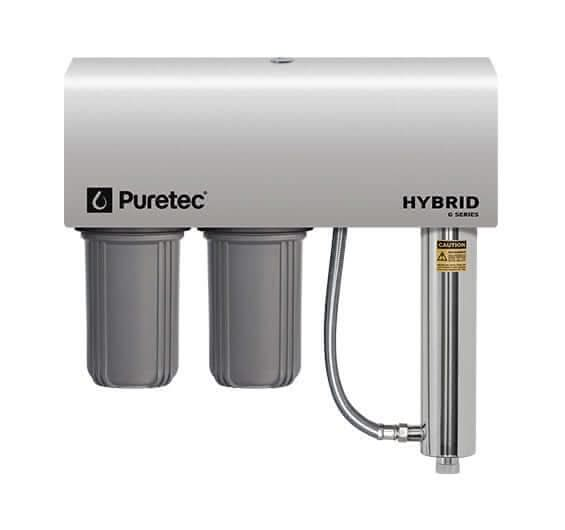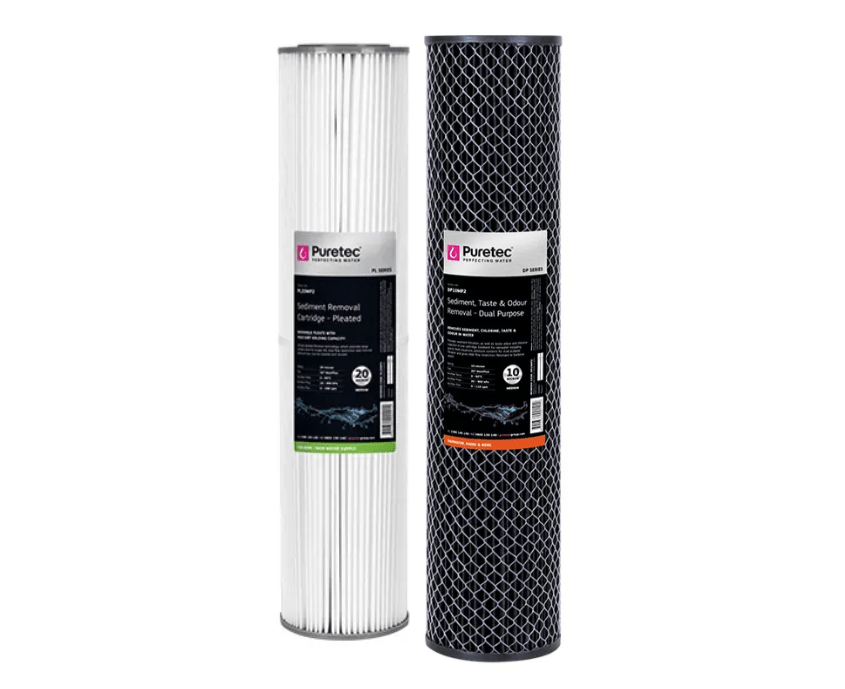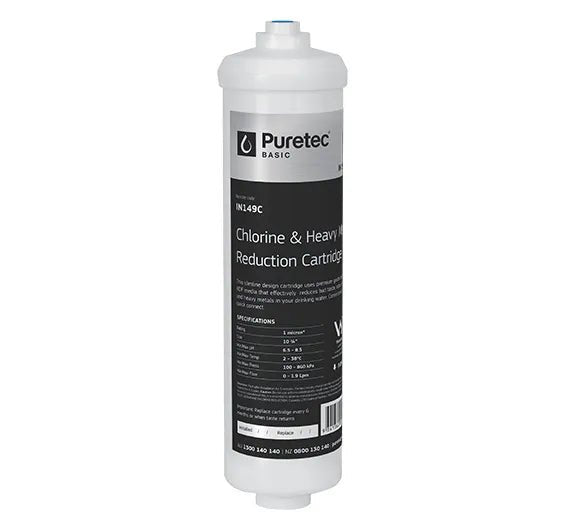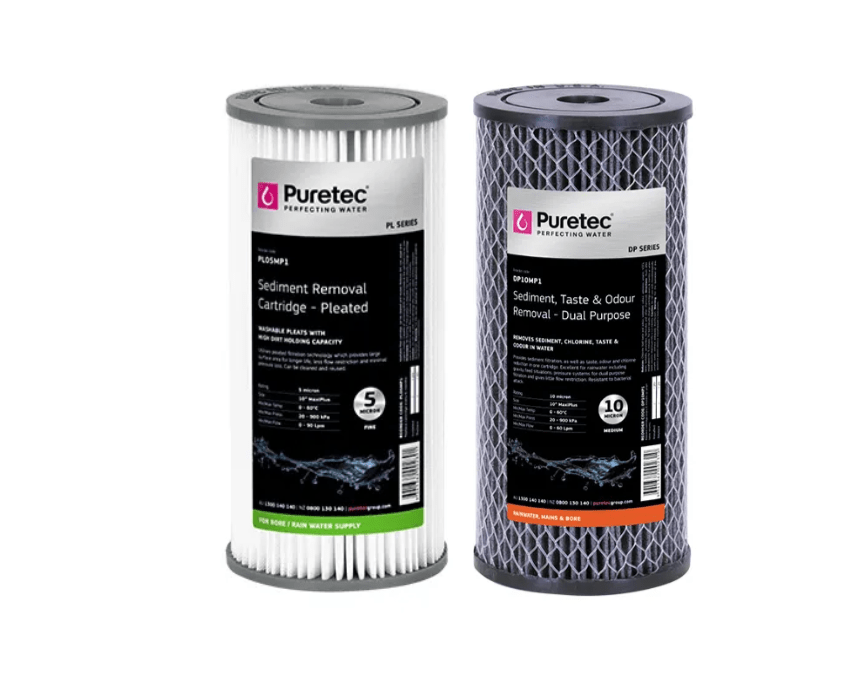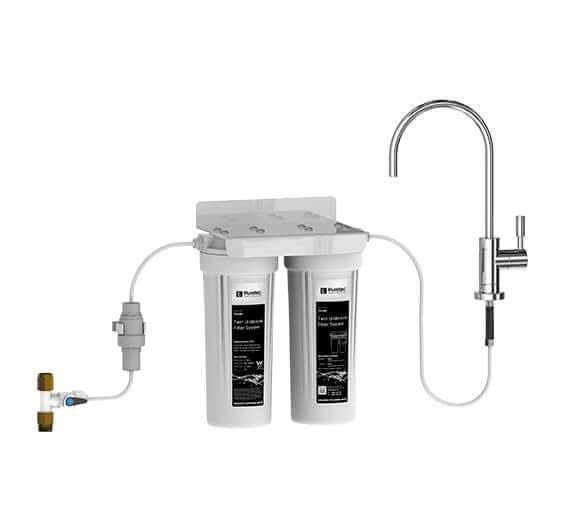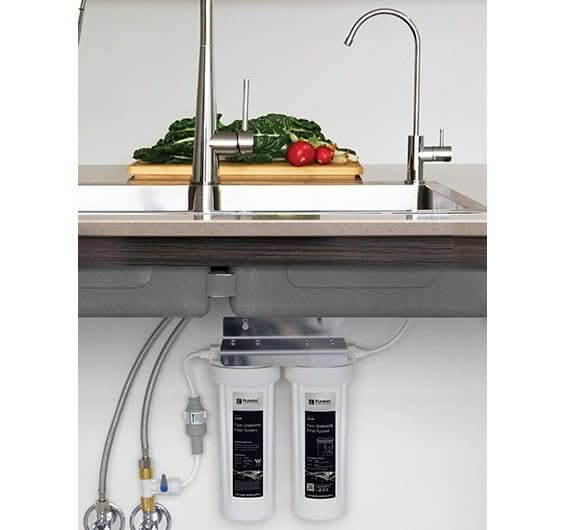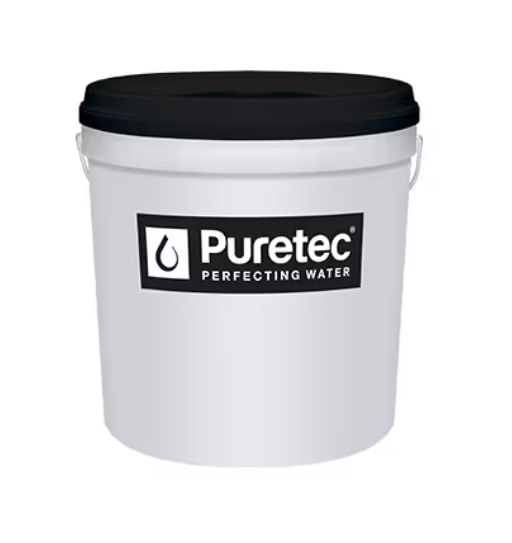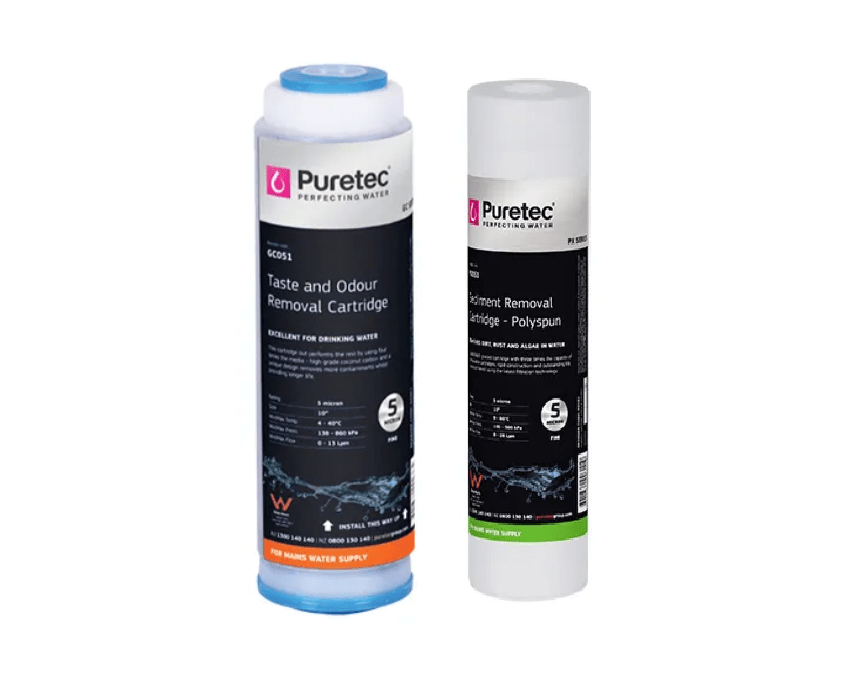Alkaline Water Explained: Unveiling the Real Health Impact
Can alkaline water’s higher pH level translate into real health benefits for you? This article delves directly into whether drinking alkaline water, often promoted as part of an alkaline diet, can improve hydration, increase bone density, or is simply an overhyped product with minimal impact on wellness. We’ll examine the methods of production, scientific findings, and potential risks to give you a comprehensive understanding of alkaline water.
Key Takeaways
-
What is Alkaline Water? Alkaline water has a pH level higher than regular water, typically between 8 and 9, due to naturally occurring minerals or electrolysis.
-
Potential Benefits Research suggests possible benefits like improved hydration and minor bone density improvements, but scientific evidence is limited.
-
Health Risks Those with kidney disease or electrolyte imbalances should exercise caution, as excessive alkaline water consumption may disrupt natural pH balance.
-
Is It Worth It? While alkaline water may have some benefits, regular water is just as effective for hydration, and many health claims lack strong scientific support.
-
Bottled Alkaline Water Many consumers buy bottled alkaline water for its purported health benefits. However, the scientific evidence supporting these claims is limited. Additionally, bottled alkaline water is often significantly more expensive than regular bottled water.
What Is Alkaline Water?
Alkaline water is defined by its pH level, which is higher than neutral (7). Alkaline drinking water, known for its health benefits, differs from regular water due to its higher pH and potential alkalizing effects, with studies exploring its impact on blood viscosity, digestion, and overall health. Alkaline mineral water, rich in essential electrolyte minerals, plays a role in improving the body's pH balance, promoting cellular hydration, and assisting in detoxification. This elevated pH is achieved naturally when water flows over mineral-rich rocks or artificially through ionization or electrolysis.
Production Methods
-
Natural Alkaline Water: Found in springs, naturally filtered through rocks, absorbing essential minerals. Drinking natural alkaline water is beneficial due to its natural mineral content, which can support overall health.
-
Electrolyzed Alkaline Water: Created by passing water through an electric current to separate acidic and alkaline components.
-
Baking Soda Addition: Adding small amounts of baking soda or pH drops can temporarily increase pH levels.
Alkaline Water vs Regular Water
|
Feature |
Alkaline Water |
Regular Drinking Water |
|---|---|---|
|
pH Level |
8-9 |
~7 |
|
Minerals |
Contains added minerals |
Natural minerals |
|
Hydration |
May improve hydration slightly |
Hydrates effectively |
|
Health Benefits |
Limited scientific support |
Essential for health |
Potential Benefits of Alkaline Water
1. Hydration & Athletic Performance
Some studies indicate that alkaline water may improve hydration levels, especially in athletes. It has been linked to reduced blood viscosity after exercise, meaning better blood flow and oxygen delivery to muscles.
2. Bone Health & Acid Reduction
A small study suggested that alkaline water might help reduce bone resorption (bone loss), particularly in postmenopausal women. However, the overall impact on bone density remains inconclusive. Additionally, naturally alkaline water, which retains its minerals and pH levels, is known to improve hydration and energy, promoting overall health.
3. Acid Reflux Relief
Alkaline water with a pH above 8.8 may help neutralize stomach acid and relieve symptoms of acid reflux disease by deactivating pepsin, the enzyme responsible for acid-related discomfort.
Health Risks & Considerations
1. Electrolyte Imbalance
Consuming large amounts of alkaline water can interfere with normal stomach acidity, leading to digestive issues, bloating, and nutrient malabsorption.
2. Kidney Health Concerns
Individuals with kidney disease should avoid artificially alkalized water due to its potential impact on electrolyte levels, which can stress kidney function.
3. Artificial Alkalinity & Additives
Some ionized alkaline water brands add synthetic minerals, which may not provide the same benefits as naturally occurring alkaline water.
Is Alkaline Water Worth It?
-
For general hydration: Regular filtered water is sufficient for maintaining hydration and overall health.
-
For specific health conditions: Some benefits may apply, such as mild acid reflux relief, but long-term advantages remain scientifically unproven.
-
For athletes: Hydration benefits may be useful, though results vary per individual.
Ultimately, while alkaline water may offer some minor advantages, its benefits are often overstated in marketing claims. A balanced diet, rich in natural minerals, is a more reliable approach to maintaining optimal health.
FAQs About Alkaline Water
1. Is alkaline water the same as boiled water?
No, boiling water does not change its pH significantly. Alkaline water contains added minerals or undergoes electrolysis to raise its pH.
2. When is the best time to drink alkaline water?
It is best to drink it 30 minutes before meals and 1-2 hours after eating to avoid interfering with digestion.
3. How can I make alkaline water at home?
Adding a pinch of baking soda or lemon slices to water can increase its alkalinity naturally.
4. Who should avoid alkaline water?
Individuals with kidney disease or electrolyte imbalances should consult a doctor before consuming alkaline water regularly.
5. Is alkaline water a scam?
While it is not necessarily a scam, many of its health claims are exaggerated. There is no solid evidence to support its ability to prevent diseases like cancer or dramatically improve health.
Final Thoughts
Alkaline water can be a refreshing choice for some, but its health benefits remain largely unproven. If you enjoy the taste and potential hydration boost, it’s fine to drink in moderation. However, for most people, regular filtered water is just as effective and much more affordable.





